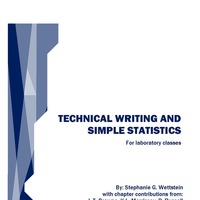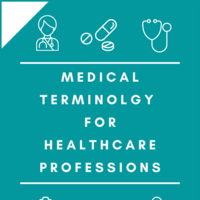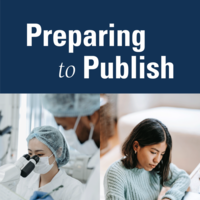Search
Books+
Searching 1,730 books
Search related to the career Medical Writer
Qualifications for Becoming a Medical Writer:
1. Educational Background: A bachelor's degree in a relevant field such as medicine, pharmacy, biology, or a related life science is typically required. Some employers may prefer candidates with advanced degrees (e.g., master's or Ph.D.) in a scientific discipline.
2. Medical Knowledge: In-depth understanding of medical terminology, anatomy, physiology, and pharmacology is essential. Familiarity with medical research methodologies and clinical trial processes is also beneficial.
3. Writing Skills: Strong writing skills are crucial for medical writers. They should be able to communicate complex scientific information in a clear, concise, and engaging manner. Proficiency in grammar, punctuation, and formatting is necessary.
4. Research Abilities: Medical writers must possess excellent research skills to gather and interpret scientific literature, clinical data, and other relevant sources. They should be able to critically analyze information and extract key findings.
5. Attention to Detail: Medical writers need to pay meticulous attention to detail to ensure accuracy and precision in their work. They should be able to spot errors, inconsistencies, and discrepancies in scientific data.
6. Regulatory Knowledge: Familiarity with regulatory guidelines and requirements for medical writing, such as those set by regulatory authorities like the FDA or EMA, is important. Understanding the ethical considerations and guidelines for medical research and publication is also necessary.
7. Collaboration and Time Management: Medical writers often work as part of a team and collaborate with researchers, physicians, and other professionals. Strong interpersonal skills and the ability to manage multiple projects and deadlines are essential.
8. Continuing Education: Staying updated with the latest advancements in medical research, technology, and writing practices is crucial for medical writers. Pursuing continuing education courses, attending conferences, and being an active member of professional associations can help maintain professional growth.
Please note that specific qualifications may vary depending on the employer, job role, and level of experience required.
Source: Various AI tools
Writers
Writing
Searched in English.




















